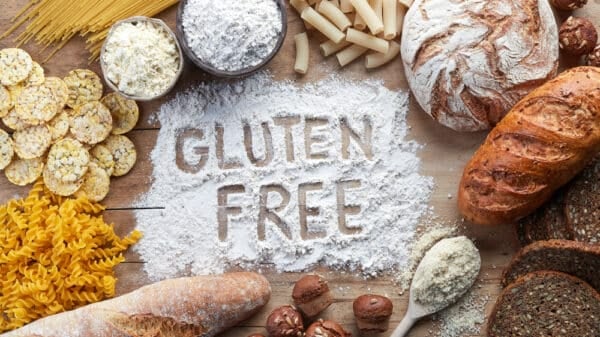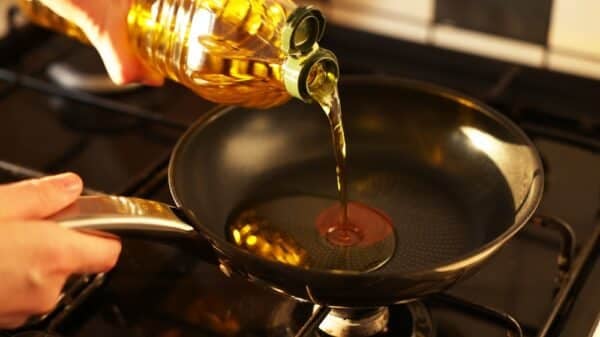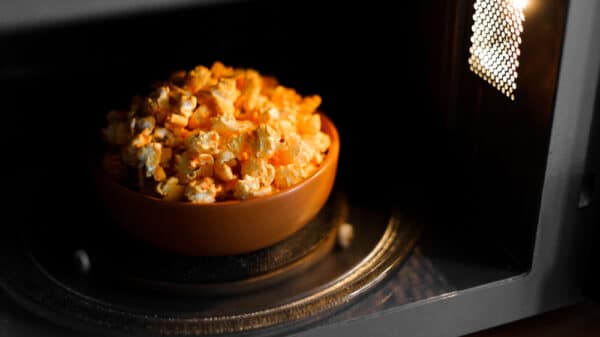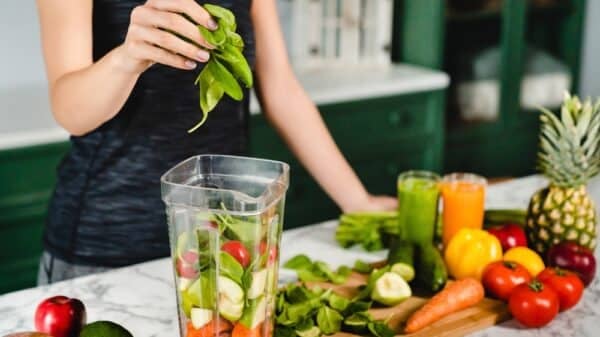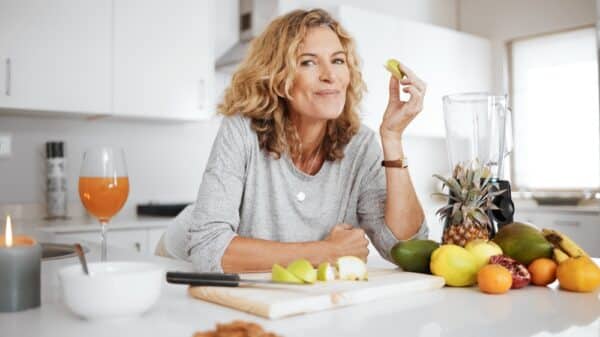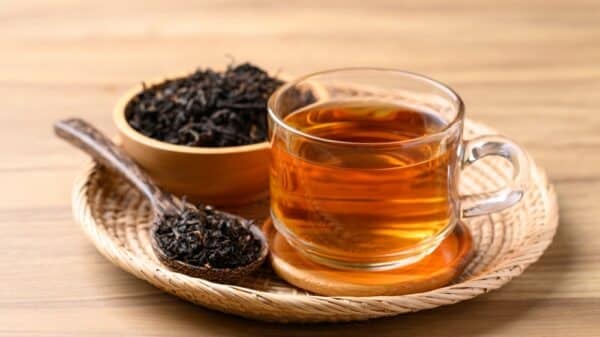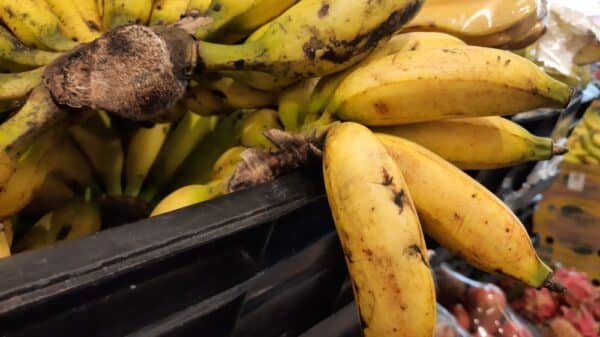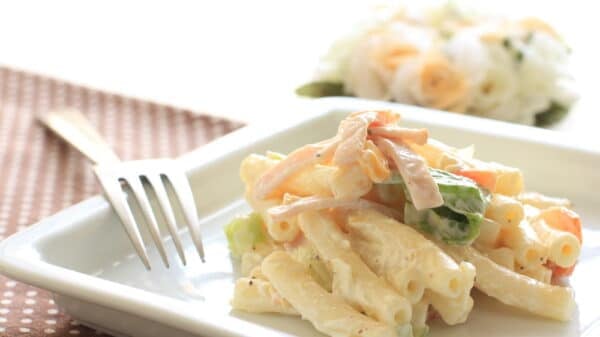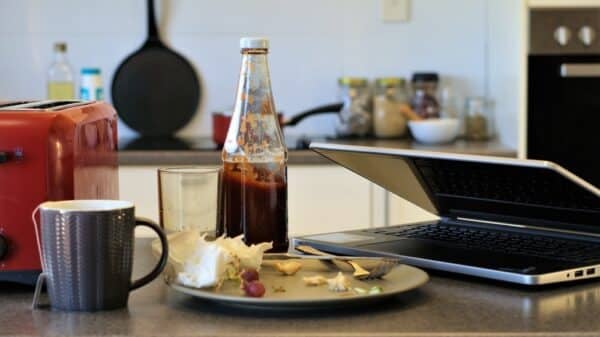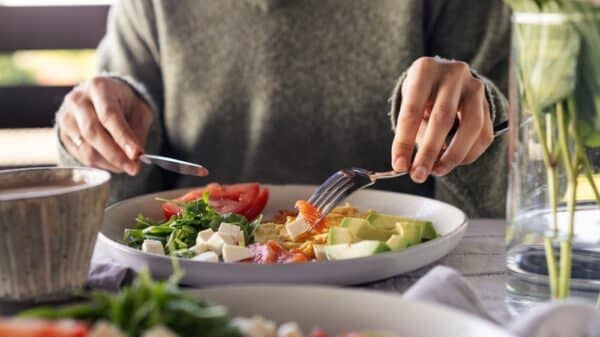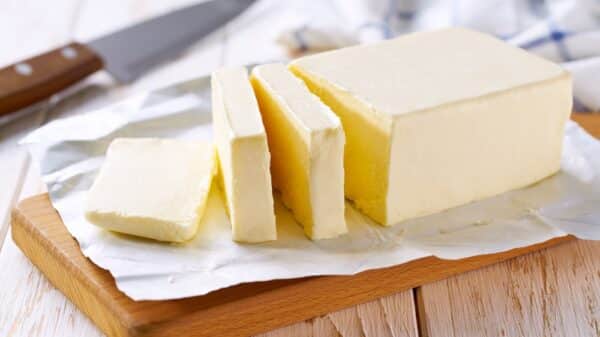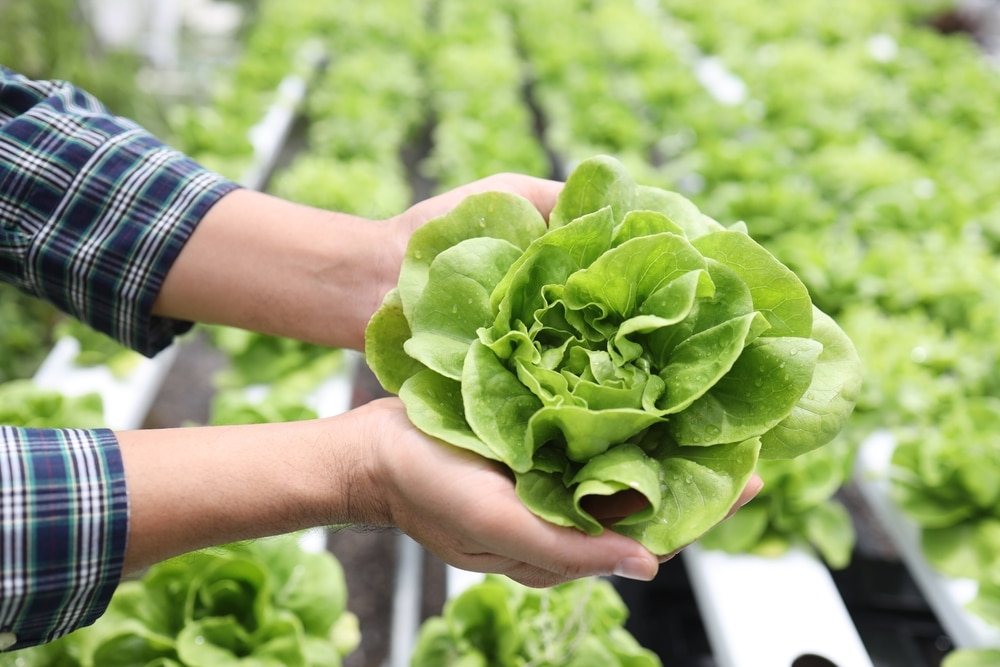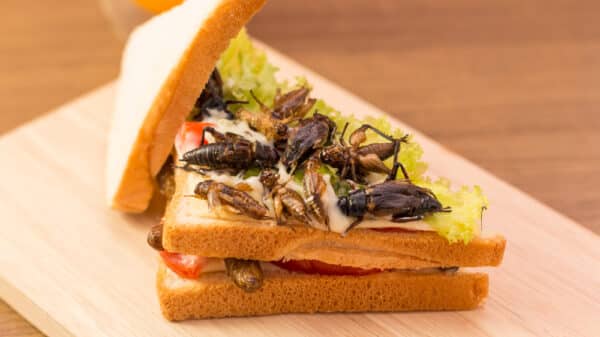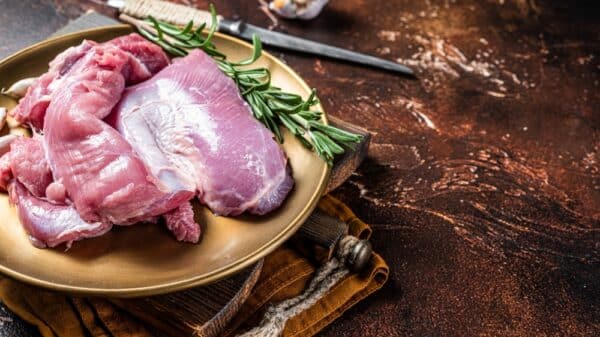When it comes to washing fruits and vegetables, it’s vital to start on a clean surface and always wash your produce before chopping it up. This practice goes a long way in preventing those unwelcome foodborne illnesses that ruin dinner plans. If you’re including leafy greens like lettuce, spinach, or kale in your meal, there’s one more step you should take to ensure your produce is squeaky clean. Although simply rinsing vegetables under running water helps wash off dirt and pesticide residues, a little extra care with white vinegar can significantly enhance your cleaning process and lower bacterial risks.
Many people might not know that distilled white vinegar is more than just a condiment for salads or a secret weapon for cleaning hectic kitchen surfaces. You can also mix up a food-safe solution for washing your greens! Just take half a cup of distilled white vinegar, mix it with a cup of water, and soak your lettuce in it. This simple concoction cuts through the grime and bacteria without leaving a lingering taste—just make sure you rinse the leaves thoroughly to wash away that vinegar tang. Nobody likes a salad that tastes like a vinegar factory! And to avoid a soggy salad, pat your greens dry with a clean paper towel before serving. Your diners will appreciate the crispness of the lettuce, and you can feel good knowing you’ve taken that extra step towards food safety.
Why white vinegar is an effective cleaning agent
When it comes to the crunch of meal prep, ensuring your leafy greens are cleaned properly is more important than you may think. You might be surprised to learn that fresh vegetables, especially leafy greens, are often culprits for food poisoning—sometimes even more so than meats! Raw lettuce and similar greens can harbor dangerous bacteria like listeria and E. coli, which can lead to severe illness. Of course, cooking can help eliminate these germs, but for those who prefer their salad raw or lightly cooked, washing your produce thoroughly is essential for keeping your meals safe.
This is where white vinegar steps in as a handy helper in your kitchen. Thanks to its natural antimicrobial properties, white vinegar effectively combats bacteria, including listeria, E. coli, and even salmonella—the germs that tend to hitch a ride on your salad greens. However, it’s crucial to remember that while vinegar is great for bacteria, it’s not as effective against viruses, which is something to keep in mind if you’re using it as part of your general cleaning routine around the house.
Image Source: Noiz Stocker / Shutterstock

